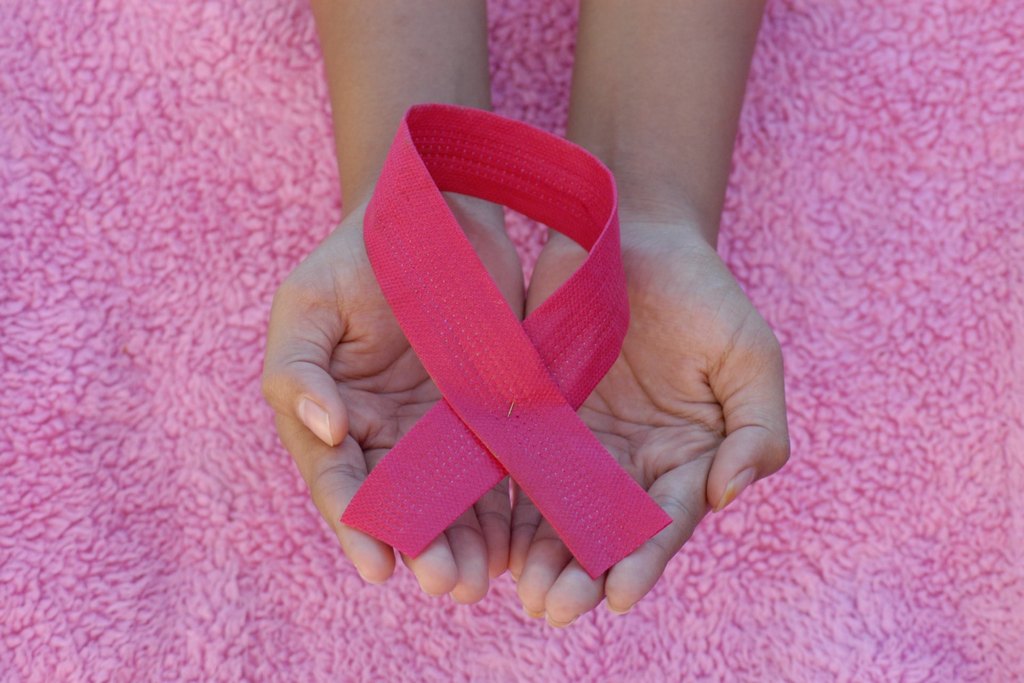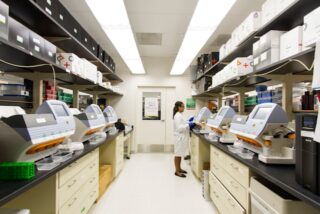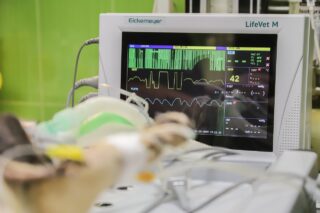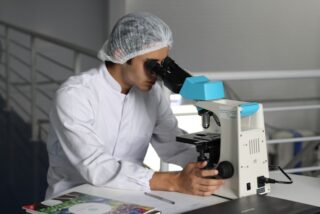
Based on a great deal of scientific information, six basic recommendations for cancer prevention can be given to people without a specific genetic predisposition to cancer. Recommendations for people with a specific genetic predisposition are listed below.
If you smoke, quit as soon as possible
Smoking tobacco is the most important factor in the development of cancer. Smoking is linked to the development of various types of cancer: lung, stomach, larynx, mouth, bladder, kidney, and cervical cancer. Even if a person does not smoke, but is often in the same room as a smoker (passive smoking), he or she has an increased risk of getting lung cancer. The decision to quit smoking is the most important health decision of your life. If you have made it, but are having difficulty quitting, consult your doctor about supportive measures.
Use a healthy diet
Eat enough fruits and vegetables. The basis of your diet should be plant foods. Consume at least 400 g (3 large cups) of fruits and vegetables a day, in addition use whole grains and beans.
Limit fatty foods. Try to eat leaner foods and limit fats, especially those of animal origin.
If you drink alcohol, drink it in moderation. The risk of a number of malignancies, including breast, colon, lung, kidney, and liver cancer, is directly related to the amount of alcohol you drink. Men should consume no more than 2 doses of alcohol per day, women no more than 1.
1 dose = 150 g of dry wine, 0.33 l of beer or 30 g of spirits.
Maintain a healthy weight and do regular physical exercise
Being overweight increases your risk of developing breast, prostate, lung, colon, and kidney cancer. Physical activity helps you maintain a healthy weight and increases your life expectancy, improves your quality of life, and reduces your risk of developing cancer. Engage in moderate physical activity for at least 30 minutes a day.
Protect yourself from the sun
The most common type of cancer, skin cancer, is directly related to sun exposure. Avoid the midday sun, stay in the shade, protect your skin with clothing, use sunscreen, avoid tanning beds and quartz lamps
Vaccine
Some cancers are caused by viral infections. Hepatitis B increases the risk of developing liver cancer. Hepatitis B vaccination protects against this infection and the risk of liver cancer. Cervical cancer is caused by the human papillomavirus (HPV). Getting vaccinated against HPV before you become sexually active can greatly reduce your risk of cervical cancer.
Act responsibly
Avoid acting irresponsibly. Practice safe sexual behavior (limited number of sexual partners, use of condom). Seriously consider screening for malignant tumors (periodic mammograms, cervical cytology, colonoscopy).




